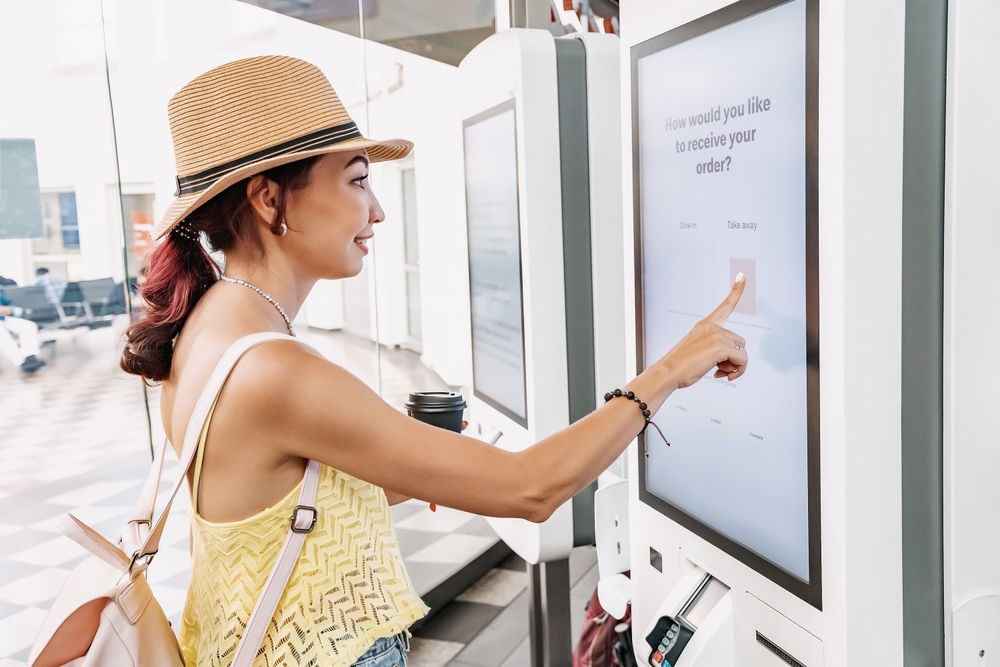The limitations of off-the-shelf POS software were recognised long ago. Sure, the promise of logging into a ready-made sales platform ‘out the box’ is attractive. And it has its place for budget-conscious small businesses.
But even then, even small operators quickly realise that one size never fits all. There’s always something that doesn’t quite fit their processes, something they want to tinker with. Luckily, in the age of APIs, no-code configuration and cloud computing, customisation is all the rage in software. If a platform can’t be tweaked to do exactly what you want it to do, it’s behind the times.
It has taken POS hardware a bit longer to catch up. There are obvious practical reasons, of course. A physical piece of computer kit can’t be so easily tinkered with via a user-friendly control panel or configuration wizard. Customising hardware presents more of an engineering challenge.
However, it’s a challenge that Oxhoo has risen to. There are only so many times that you can hear people say “it’s fine, but if only it could do X” about a piece of equipment before you start to ask yourself – well, why can’t it? Through a combination of modular design and forging strong working relationships with our clients, we’ve been able to specialise in bespoke POS hardware solutions that go way beyond what clients expect from those ‘out the box’ options.
What are the benefits of customised POS?
We’ve already mentioned the obvious one. Individual businesses all have different needs. And that’s true of different sectors, too. At Oxhoo, we have clients covering 20 different industry verticals. Some of them are very different in their needs and operations. There just isn’t a one-size-fits-all POS solution that caters to the needs of both fuel courts and events, for example, or catering suppliers and gyms.
But even within verticals that on paper seem very similar, when you look closely, the demand for bespoke solutions is there. In hospitality, for example, QSRs, takeaways and dine-in restaurants and cafes all serve food. But ordering, fulfillment and the overall customer experience are different across them all. Whether it’s self-service kiosks for ordering, mobile POS for table service or different capabilities built into POS terminals, it takes different equipment to create those experiences.
Another benefit inherent in all of this is flexibility. The needs of businesses change over time, or operators spot opportunities to improve the customer experience. Taking a bespoke approach to POS means taking an agile approach. Modular POS in particular makes it easy to adapt systems over time.
We’ve mentioned customer experience a couple of times now. Ultimately, that’s what customising POS is all about, to meet the exact needs of your customers. And you can throw the employee user experience into there, too. We find the small details make all the difference here, from the ergonomics of screen size and placement to how the POS hardware fits in with the design of the premises to create the right look and feel.
Finally, contrary to common misconceptions, customised POS hardware is often more cost-effective in the long run. While the upfront investment may be higher than off-the-shelf solutions, having a system that is optimised for your business and your customers’ needs is likely to be one that you stick with for longer without feeling the need to replace it. Longer replacement cycles mean a better return on investment.
